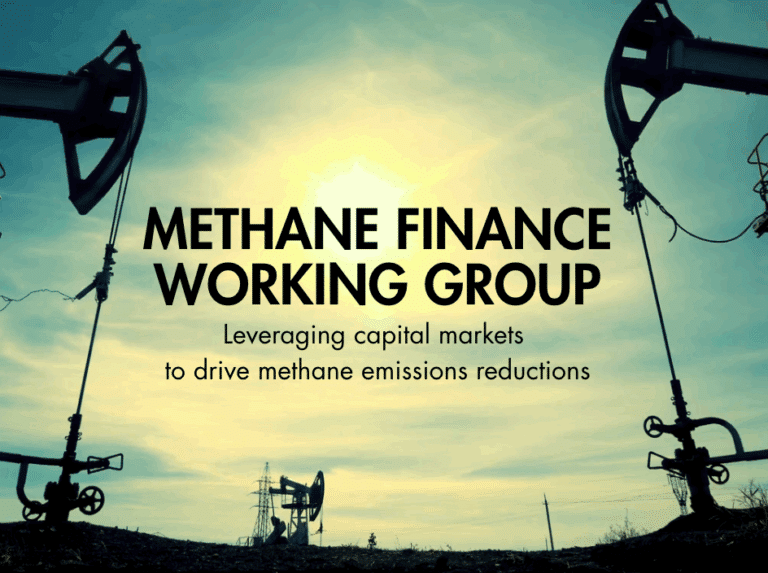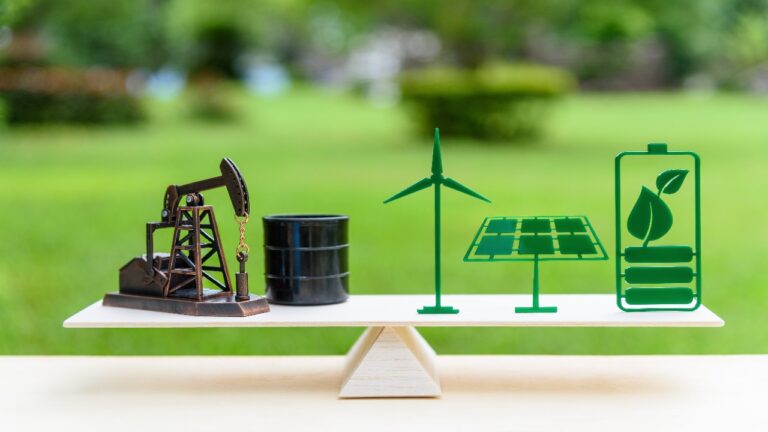This website uses cookies as well as similar tools and technologies to understand visitors’ experiences. By continuing to use this website, you consent to Columbia University’s usage of cookies and similar technologies, in accordance with the Columbia University Website Cookie Notice.
Spencer Dale – BP Statistical Review of World Energy 2018
Guest
Spencer Dale
Group Chief Economist at BP
For the past 67 years, BP has published its Annual Statistical Review of World Energy, a consolidated data set that spans primary energy, countries, and regions. On a new episode of Columbia Energy Exchange, host Jason Bordoff sits down with Spencer Dale, who serves as Group Chief Economist at BP, to discuss the key themes and insights from the recently released 2018 report. Prior to joining BP in 2014, Spencer was with the Bank of England, where he was Chief Economist and a Member of the Monetary Policy Committee.
One of Spencer’s key takeaways from the report was that while last year (2017) was an exceptional year for renewables, little progress has been made to reduce coal consumption. In fact, coal continues to demand 38% of the total fuel share mix, the same percentage as 30 years go. As a result, Spencer highlights the importance of targeting efficiencies in the power sector to reduce the consumption of high-carbon energy sources. Spencer and Jason also discussed interesting trends such as the fall in energy intensity and the pivotal roles that China and India will continue to play in the global energy market in the years ahead.
Other topics discussed include Spencer’s thoughts on peak oil demand and what peak oil means for oil majors like BP; the role that EV’s will play in the transportation sector; and the role of sources like natural gas and nuclear power in the energy transition.
More Episodes
What Drives ‘Breakneck’ Development in China?
Trade tensions between the US and China have hit a new high mark. Last week, after China announced plans to ratchet up its export controls of some rare-earths...

Building a New Energy Industrial Strategy
Industrial policy, supply chain security, and economic competitiveness are central to how we think about clean energy deployment. As the Trump administration pulls back federal support for the...

Is Permitting Reform About to Break Through?
Last year, an energy permitting reform bill sponsored by Senators Joe Manchin and John Barrasso passed out of committee but failed to gain full support in the US...

US Energy Policy in a Partisan Era
Following the rollback of key climate provisions from the Inflation Reduction Act, the debate over America's energy future is increasingly contentious. The passage of the One Big Beautiful...

Relevant
Publications
Six Key Issues That Defined Climate Week 2025
CGEP scholars reflect on some of the standout issues of the day during this year's Climate Week

A Roadmap to Catalyze Methane Abatement in the Oil and Gas Sector Using Debt Financing
Human-caused methane emissions have contributed to at least one quarter of global warming since the preindustrial era. Since methane is 80 times more potent than carbon dioxide (CO2) in trapping heat over the first two decades after its release, abating methane is considered a critical near-term strategy for reducing emissions.[

Q&A: Why Trump’s Gulf Tour Matters for Energy, AI, and Geopolitics
President Donald Trump's first official foreign policy trip, as in his first term, was to Saudi Arabia earlier this month, with additional stops in Qatar and the United Arab Emirates.

PetroStates and ElectroStates in a World Divided by Fossil Fuels and Clean Energy
PetroStates and ElectroStates clash as fossil fuels and clean energy reshape global power, strategy, and alliances.

